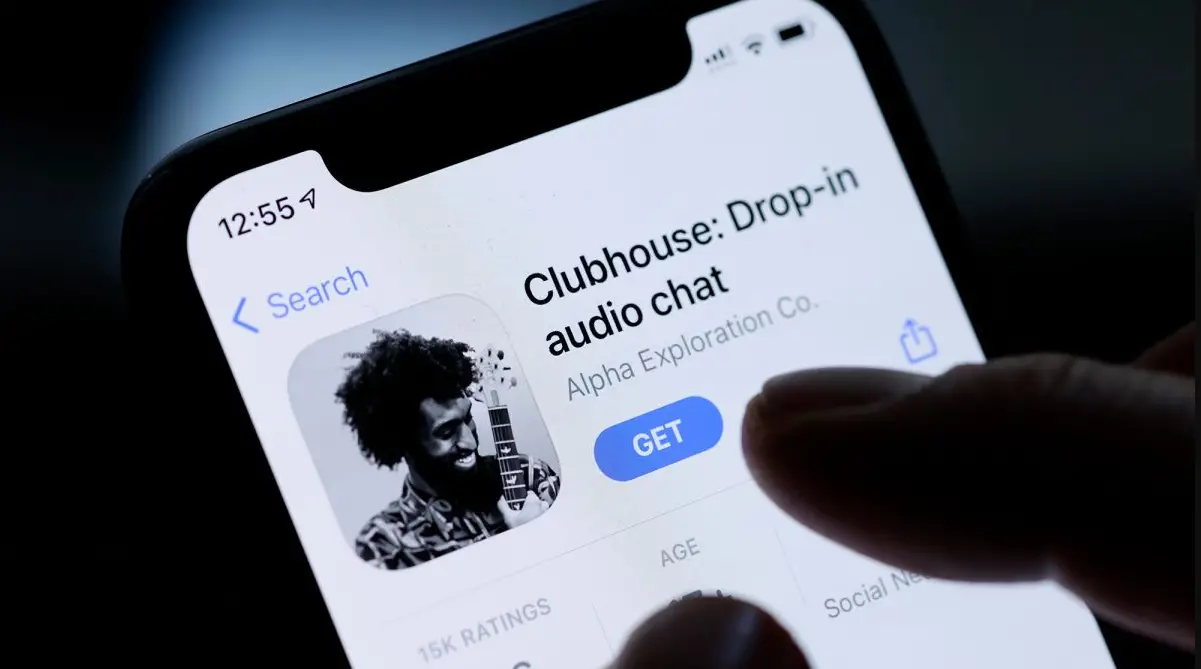Clubhouse has become a real bomb in the social media industry, attracting several hundred million dollars and 10 million active users. Those are impressive numbers for a company a year old, right?
Clubhouse was able to achieve this by creating a sense of exclusivity, and by attracting many celebrities to the clubhouse rooms.
However, the app has obvious problems and that’s why it will lose a wave of popularity.
Clubhouse isn’t rewarding new content makers
Let’s remember a few successes in the world of social media, like Instagram or TikTok. They reward content makers who make exclusive content on that social network.
It’s good for the social network, for the users, and for the content makers. The social network and users get unique content, and the content makers get to realize their potential and become famous.
The problem is that Clubhouse does not reward new content makers, but targets popular authors.
When Ilon Musk or any other celebrity starts a room, it gets a lot of listeners. However, let’s say you dream of giving lectures online, but you’re not well-known yet. On TikTok, Instagram, YouTube or Twitter, you can post content even if it won’t be popular initially. However, you always have a chance that it will become popular in the future.
However, Clubhouse is very similar to streaming when your content Is live. And no one likes to talk into the void, so after a few tries, people just stop making content.
So yes, Clubhouse is good as a place to meet celebrities, but bad as a social network.
Clubhouse is a bad way for learning
What sounds like a great idea is to be in the same room with someone whose opinion you are interested in and ask the questions that interest you.
However, in practice, the Clubhouse isn’t the best place to study because there are no records, so you can’t put off the content and come back to it later.
In this respect, Clubhouse loses out to podcasts, which you can listen to whenever you want.
Clubhouse doesn’t solve a real problem
Let’s analyze a few social networks to see what they offer their users:
- Facebook – helps you stay connected with your friends
- Twitter – allows you to share your thoughts in a microformat.
- Instagram – allows you to share moments from your life.
- TikTok – lets you kill some time watching funny or interesting videos.
- Twitch – offers you to watch streams of games you’re interested in.
As you can see, all social networks have two features. First, they are fast-consuming (except Twitch), which means you can go in for a couple of minutes to make or watch a post and then continue to do something else. Secondly, they offer you a solution to a real problem (by problem I mean a human need), while Clubhouse offers you to decide for yourself why you need it. And this is the wrong approach.
Clubhouse functionality is easy-to-replicate
Yes, Clubhouse was able to make a name for itself and become a household name for live talks and lectures. However, its functionality is not unique. It doesn’t have its influencers that make audiences stay on this social network, and it doesn’t have a loyal audience that doesn’t want to change places.
If some famous host leaves tomorrow for another social network and starts his own room, most of those who listened to him will go after him.
That is, Clubhouse is not self-sufficient, and this is its main problem.




